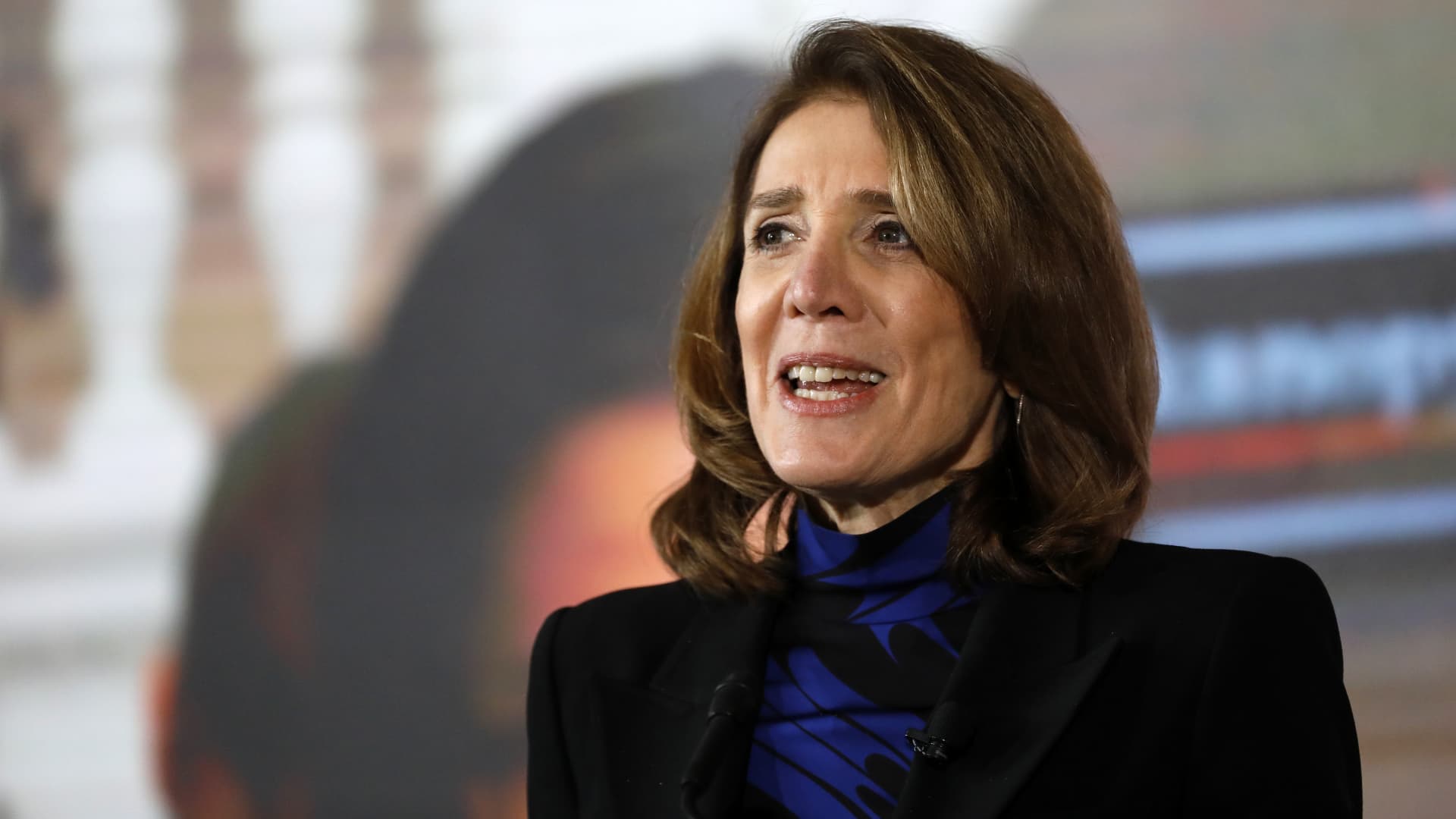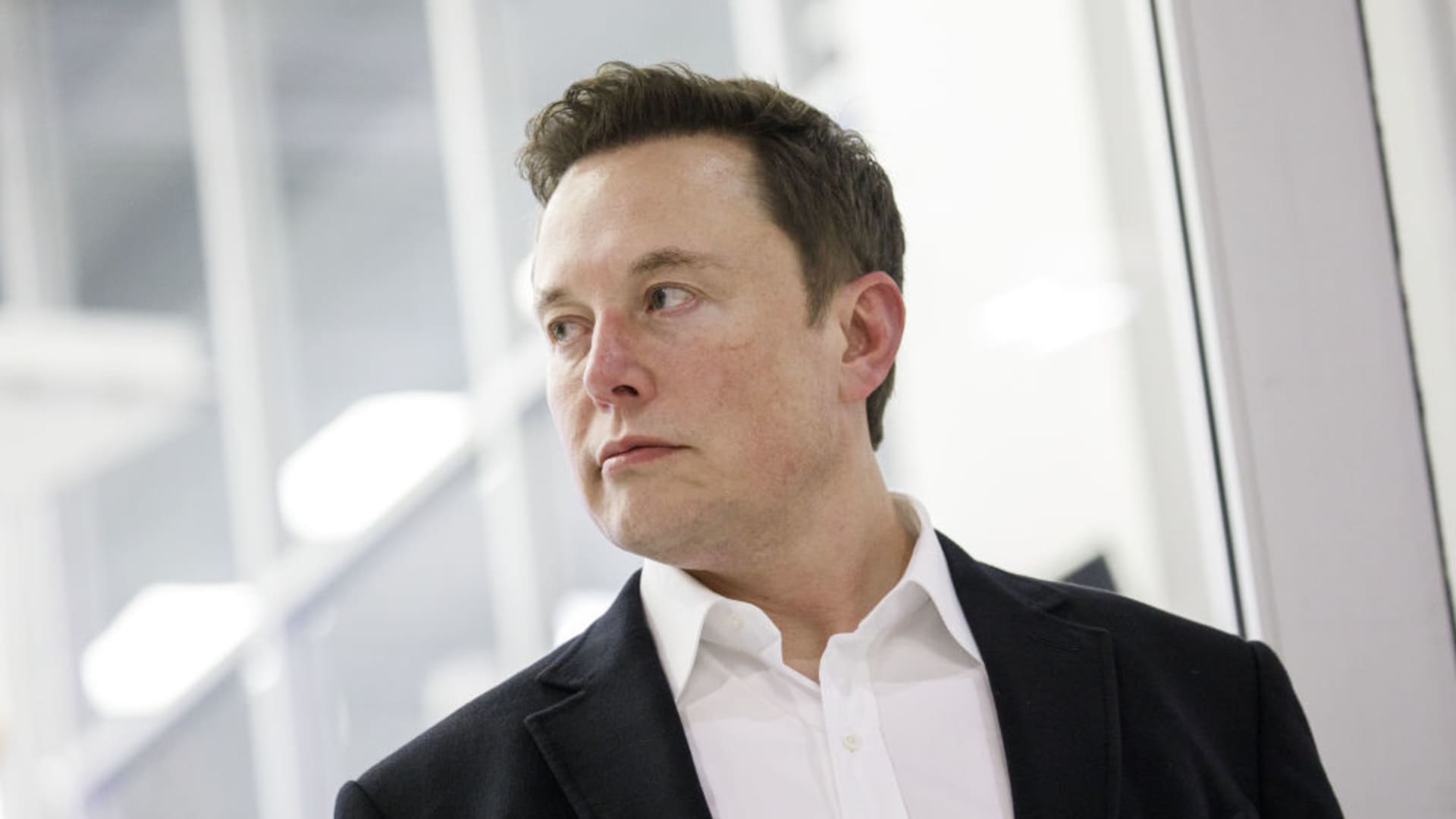Technology
Monday, April 29th, 2024 2:45 pm EDT
Key Points
- Tesla’s shares surged over 12% after achieving a significant milestone in deploying its Full Self-Driving (FSD) technology in China, with investors reacting positively to CEO Elon Musk’s visit to the country.
- Local Chinese authorities removed restrictions on Tesla cars, clearing the path for Tesla’s FSD software to be available in China, the largest electric vehicle market globally.
- Tesla reportedly secured a deal with Baidu, granting access to its mapping and navigation technology for FSD, allowing Tesla to legally operate FSD on Chinese roads and gather data about traffic, road signs, and routes, marking a strategic win for Tesla amid fierce competition in the Chinese electric vehicle market from rivals like BYD, Nio, and XPeng.
Tesla’s shares surged over 12% on Monday following news that the electric carmaker achieved a significant milestone in bringing its Full Self-Driving (FSD) technology to China. This surge came as a response to Tesla CEO Elon Musk’s visit to China, where it was announced that local authorities had lifted restrictions on Tesla cars after meeting the country’s data security requirements. This development sparked anticipation that Tesla’s FSD software would soon be accessible in China, the world’s largest electric vehicle market. Despite Tesla’s popularity in China, its vehicles had faced bans from certain government-related areas due to concerns over data security. The Biden administration had also initiated an investigation earlier this year into potential national security risks posed by imported cars from China, specifically regarding data collection capabilities. Tesla’s FSD is an upgrade to its Autopilot driver assistance system, previously available in China with limited features due to data security concerns. However, reports suggest that Tesla secured a deal with Baidu, granting access to the Chinese internet giant’s mapping and navigation technology for FSD. This agreement would provide Tesla with the necessary mapping service license, essential for intelligent driving systems to operate on Chinese roads. With this license, Tesla can legally deploy FSD on Chinese roads, enabling its fleets to collect data on traffic, road signs, and routes. This achievement is particularly significant for Tesla amid intense competition in the Chinese electric vehicle market, with local rivals such as BYD, Nio, and XPeng vying for market share. BYD, previously the world’s largest electric vehicle maker, experienced a significant sales decline in the first quarter of this year, losing its top spot in the EV market. Tesla’s breakthrough in bringing FSD to China positions it strategically in the competitive landscape, ensuring its continued relevance and growth in one of its key markets.
For the full original article on CNBC, please click here: https://www.cnbc.com/2024/04/29/tesla-tsla-stock-up-after-passing-hurdle-to-china-full-self-driving.html




